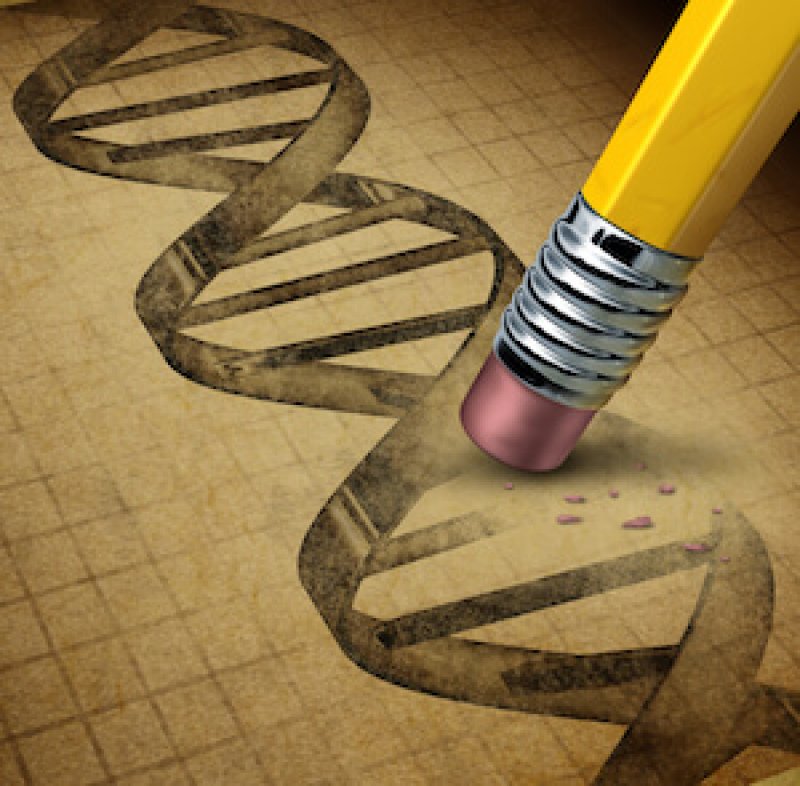Two papers published in the last week were signal events for agricultural genomics. First was the draft of the huge, and hugely complex, genome of bread wheat, the staff of life for 30 percent of humanity. The other, from Chinese scientists reporting advanced gene editing of bread wheat to make it resist the fungal pathogen powdery mildew, claims to have brought us a technical method for reducing the political battles over GMOs–genetically modified organisms.
I’m doubtful, but let’s see.
I wrote about the bread wheat papers in my Tuesday column for the Genetic Literacy Project. I won’t recap much here, except to note that wheat’s promiscuity over the past several hundred thousand years is unusually wanton even in the permissive plant Kingdom. The more-than-usually incestuous result has been bread that tastes heavenly but has made the work lives of genome sequencers hellish.
Unlike corn crops, where it’s nearly impossible to find examples that are not GMOs, almost no wheat is genetically engineered. Agricultural researchers are excited about the wheat genome project because having even a draft version will be a big help to conventional breeding.
There are good reasons to bestow new traits on wheat. Not just disease resistance, as in the Chinese example, but especially resistance to drought. Wheat needs to be better equipped for the hotter, drier planet our descendants will have to live with.
Read the full, original story: A fix for GMO battles? Plus sexual harassment during field research































